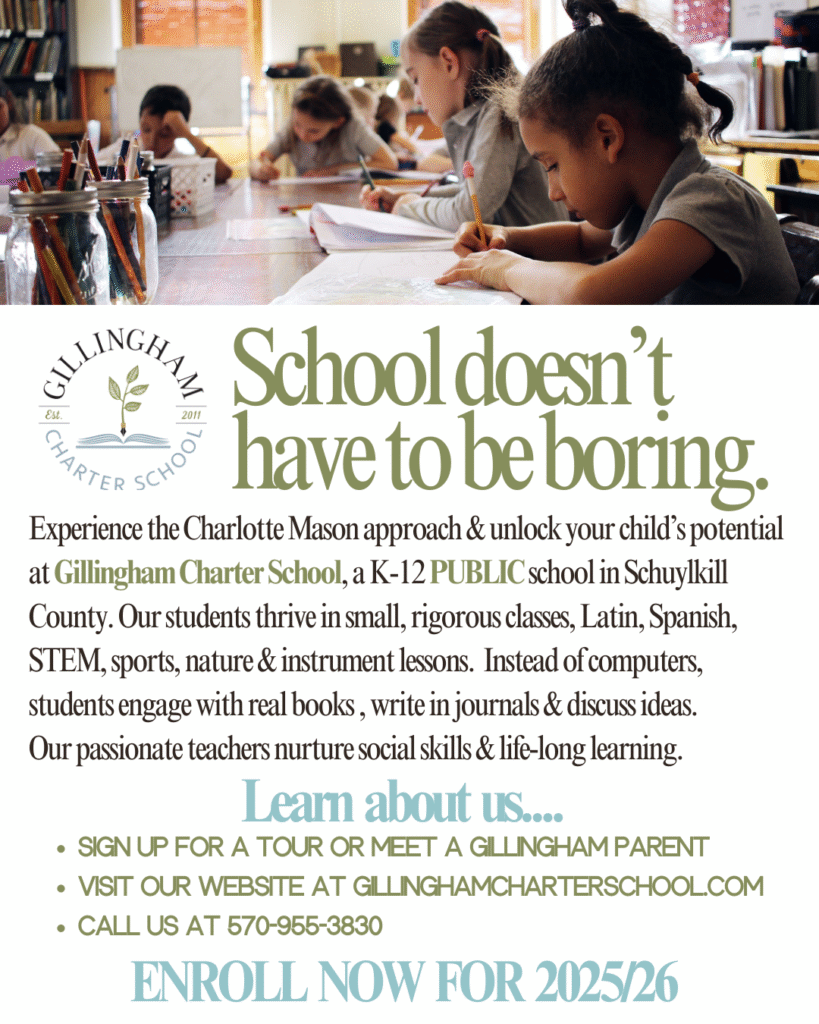Play at Gillingham
Benefits of Play
- Executive Function Skills: At the heart of teaching children and developing their executive functions is play (Leong and Bodrova). The “executive functions” include a collection of brain processes that are responsible for planning, cognitive flexibility, abstract thinking, rule acquisition, initiating appropriate actions, inhibiting inappropriate actions, and selecting relevant sensory information.
- Empathy and Living Well: Roots of empathy and other necessary skills and principles to live well begin in play, and play meets children’s need for physical activity for healthy bodies.
- Language Development: Play encourages the use of language, another primary tool of learning for the young child. Expressive vocabulary is crucial for vocabulary development and for comprehension development. Children need opportunities to not just receive information, but for crucial language development to occur. Children need plenty of opportunities to express their language.
- Sensory Development: Through the use of the senses (see, hear, touch, etc), children gain real knowledge. In order to accomplish this children need hours of self initiated activity.
- Self-Education: Initiative and self-direction are important parts of a Relational learning model. Children, through play, learn to direct themselves toward the good of themselves and their fellow students. Learning to control the self and initiate kindness and sensitivity towards fellow human beings is crucial for the well-being of not only the child but for the community.
A Fed Mind: All children have a desire to know which is as important to feed as their physical bodies. Their desire to know must be fed through play, outdoor life, and many opportunities to learn through experience with people and objects. Their natural curiosity is nourished on things at this early age, and one of the best places for real knowledge is outdoors.
Elements of Play
The Outdoors
The outdoors is the primary place where children get real knowledge. It is the source of enormous background knowledge needed for subsequent learning in a traditional school setting.
Mastering Inactivity
Children need much independent time to learn on their own. Too much adult influence can have a “devitalizing” effect on the child. Children, according to David Elkind, diefy adults. Charlotte Mason in speaking about the undue influence of a teacher said, “we all know how we lose vigor and individuality under this sort of influence (p 187).” Therefore, children need much independent time under the watchful eye of an adult.
Scheduled Free Play & Outdoor Lunch
Teachers eat with their students outside and then let them play! K-2nd graders get a lot of play in the afternoon after a full morning of learning and doing.


